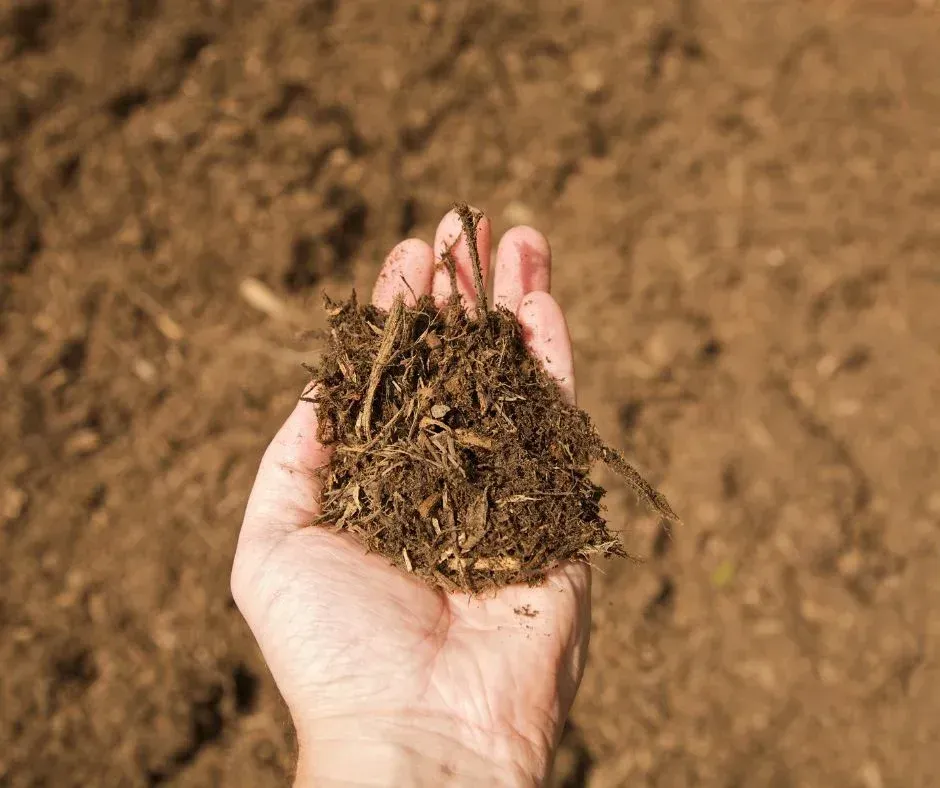The Importance of Soil Health in Agriculture

Soil health is a fundamental pillar of sustainable agriculture, yet it often remains overlooked amidst discussions of crop yields and agricultural practices. However, the vitality of our soil directly impacts not only the productivity of our farms but also the long-term viability of our food systems and the health of our planet. Understanding the significance of soil health is crucial for ensuring the sustainability and resilience of agriculture in the face of environmental challenges.
Soil: Nutrient Cycling and Plant Growth
Healthy soil is teeming with life, from microorganisms to earthworms, all playing vital roles in nutrient cycling. These organisms break down organic matter, releasing essential nutrients like nitrogen, phosphorus, and potassium that are crucial for plant growth. Additionally, a healthy soil structure allows for proper root development, enabling plants to access these nutrients efficiently. Without a thriving soil ecosystem, nutrient deficiencies can occur, leading to stunted growth and reduced yields.
Water Management and Conservation:
Soil health plays a pivotal role in water management within agricultural systems. Well-structured soil with high organic matter content has greater water retention capacity, reducing the risk of waterlogging or runoff. This not only ensures that plants have access to an adequate water supply during dry periods but also mitigates the risk of soil erosion and nutrient leaching. Proper water management facilitated by healthy soil is essential for sustaining crop productivity while conserving precious water resources.
Carbon Sequestration and Climate Mitigation:
Healthy soil acts as a vital carbon sink, sequestering carbon from the atmosphere and helping to mitigate climate change. Organic matter in the soil serves as a reservoir for carbon, with microorganisms breaking down organic material and storing carbon in stable forms. Practices such as cover cropping, reduced tillage, and the incorporation of organic amendments can enhance soil carbon sequestration, contributing to efforts to combat climate change. By prioritizing soil health, agriculture can become a part of the solution to reducing greenhouse gas emissions and building climate resilience.
Biodiversity and Pest Management:
A diverse soil microbiome supports biodiversity above and below ground, contributing to natural pest management in agricultural ecosystems. Beneficial microbes play key roles in suppressing plant diseases and pests, reducing the reliance on synthetic pesticides. Moreover, diverse crop rotations and intercropping systems supported by healthy soil promote habitat for beneficial insects and predators, further enhancing pest control while fostering ecological resilience.
The importance of soil health in agriculture cannot be overstated. It is the foundation upon which sustainable and resilient food systems are built. By prioritizing practices that promote soil health, such as crop rotation, cover cropping, and reduced tillage, farmers can enhance productivity, conserve natural resources, mitigate climate change, and protect biodiversity. Investing in soil health is not only an investment in the future of agriculture but also in the health of our planet and future generations.











